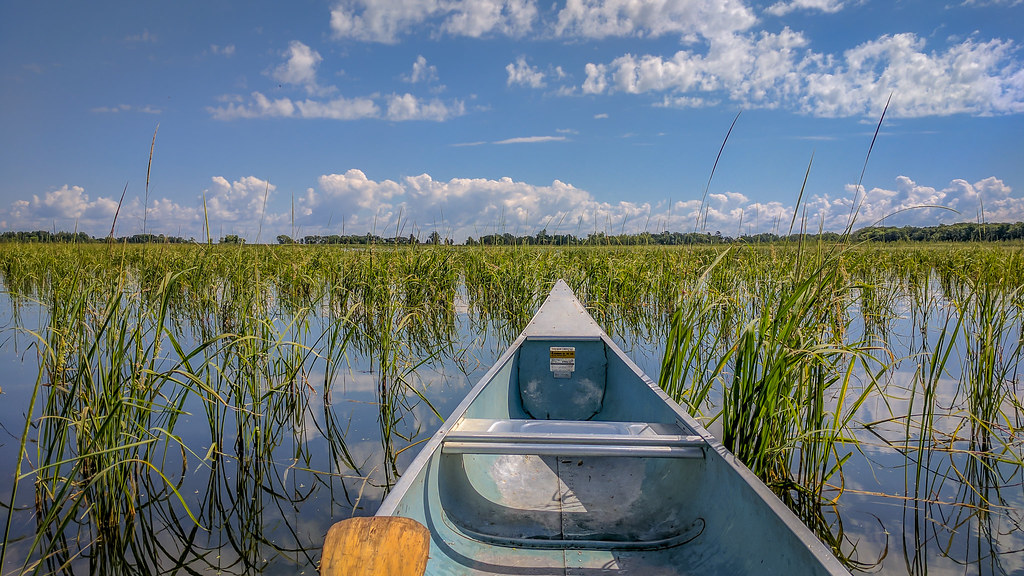UN climate change report could help bolster tribe’s claims against Enbridge Line 3
This article by Mary Annette Pember was published in Indian Country Today on April 15, 2021.
It’s all about strategy and timing in Indian Country, especially in the legal system.
Shortly after a groundbreaking lawsuit was filed in the White Earth Nation’s tribal court defending the rights of wild rice to fight the construction of Enbridge’s Line 3 pipeline, the United Nations released its 6th Assessment on Climate Change.
The UN report includes an entire chapter dedicated to the powerful role that Indigenous knowledge can play in global development of adaptation and mitigation strategies aimed at addressing climate change.
According to the report, recognition of Indigenous rights, governance systems and laws are central to creating effective adaptation and sustainable development strategies that can save humanity from the impacts of climate change. In this first of three climate change reports, the working group focused primarily on physical science, providing evidence that a climate crisis caused mostly by human activities is upon us.
Boom. The report’s release created the perfect public moment to exert tribal sovereignty and advance the legal theory that nature itself, in this case wild rice, has the right to exist and flourish even in the face of the construction of a massive infrastructure transporting fossil fuel.
According to the Global Alliance for the Rights of Nature, Indigenous cultures recognize the rights of nature as part of their traditions of living in harmony and recognition that all life is connected.
For Ojibwe, wild rice or manoomin, “good berry” in the Ojibwe language, is like a member of the family, a relative. Manoomin is more than food, it is a conveyor of culture, spirituality and tradition. Therefore, legally designating manoomin as a person in the White Earth Nation’s lawsuit against the Minnesota Department of Natural Resources aligns with the Ojibwe world view.
Manoomin is considered an indicator species; it is sensitive to changes in water levels and flow reflecting changes in the local climate. The Minnesota Department of Natural Resources reports that the 2021 wild rice harvest in the state’s waterways should be average this year but that low water levels caused by drought will make access difficult. Rice is harvested from a canoe…
Read the full article HERE.
Photo credit: “Wild Rice Cornucopia” by Brett Whaley is licensed under CC BY-NC 2.0 .

